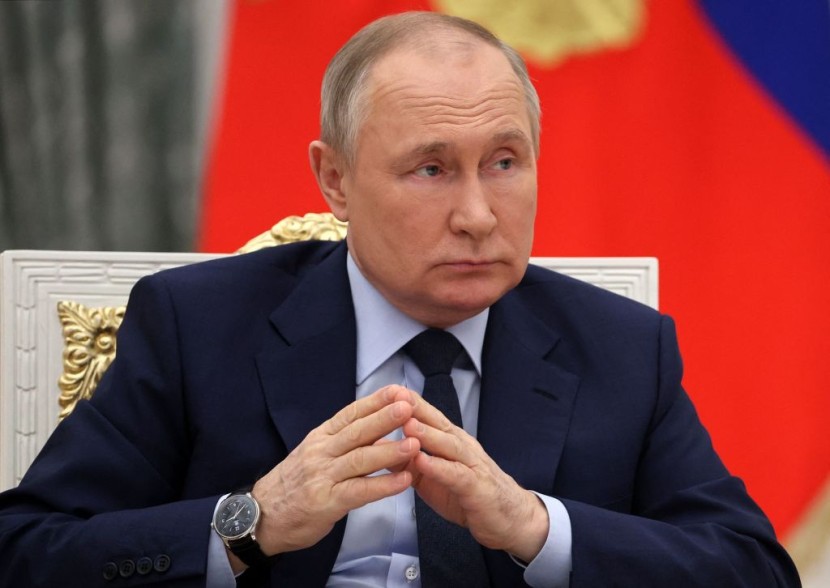Russian President Vladimir Putin has approved amendments to the country's presidential election law that impose new restrictions on media coverage, raising concerns about the transparency and fairness of the upcoming election.
These changes come ahead of the presidential election scheduled for March, in which Putin, who has been in power for 24 years, is widely expected to seek another six-year term. However, Putin has not officially declared his candidacy, stating that he will make an announcement only after the parliament formally sets the election date, as per Stars and Stripes.
Media Access Concerns in Russia's Election Law

Under the approved amendments, only journalists employed by registered media outlets will be permitted to cover election commission meetings, potentially excluding freelancers and independent journalists from reporting these crucial proceedings. This restriction raises questions about the diversity and independence of media coverage during the election.
Furthermore, the amendments also prohibit the media from reporting on the election commission's actions at military bases or in areas under martial law without prior clearance from regional and military authorities.
This restriction could limit access to critical election-related activities and information, further clouding the electoral process.
Another concerning aspect of these changes is the prohibition of campaign activity on "blocked resources." Russia has been tightening its grip on internet access and information flow, banning numerous websites and services, including social media platforms like Facebook and Instagram.
Many Russians have resorted to using virtual private networks (VPNs) to circumvent these restrictions. The proposed crackdown on VPNs could further limit the ability of citizens to access uncensored information and participate in political discourse.
This move is part of an intensifying crackdown on opposition voices and independent media in Russia, a trend that has been escalating since the country invaded Ukraine in February 2022.
Independent and dissenting media outlets have faced closure, and hundreds of journalists have gone into exile as state censorship tightens its grip on the media landscape, according to ABC News.
Read Also: Likely to have Mental Issues: Study
Putin's Popularity Stays Strong in Russian Polls
Amnesty International's director for Eastern Europe and Central Asia, Marie Struthers, characterized the situation as a "scorched-earth strategy" that has transformed Russia's media landscape into a wasteland.
Despite these restrictions and the crackdown on media and opposition voices, polling agencies in Russia continue to report high approval ratings for Putin. According to Russian polling data, his approval rating was as high as 82 percent in October.
This suggests that Putin remains popular among a significant portion of the population and could secure victory if he decides to run for re-election.
Kremlin spokesman Dmitry Peskov expressed confidence that Putin would win decisively if he chose to run, underscoring the challenges faced by opposition figures in mounting any significant challenge to Putin's continued rule.
As the election date approaches and the media landscape in Russia becomes increasingly controlled and restricted, the international community will closely monitor the developments and assess the extent to which these new amendments impact the fairness and transparency of the electoral process.
The perplexing and bursty nature of Russia's political landscape continues to raise questions about the future of democracy and political freedoms in the country, Al Jazeera reported.
Related Article : Argentina Inflation at 143% as Presidential Election Looms
© 2026 HNGN, All rights reserved. Do not reproduce without permission.








